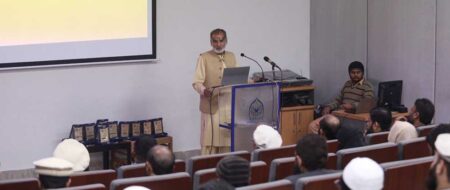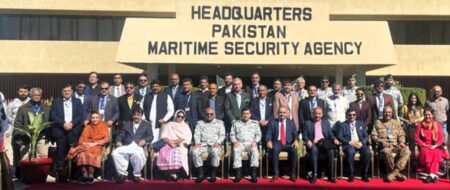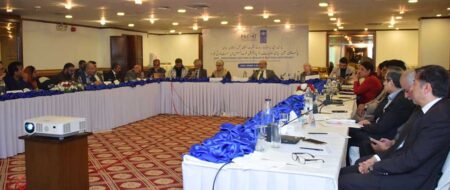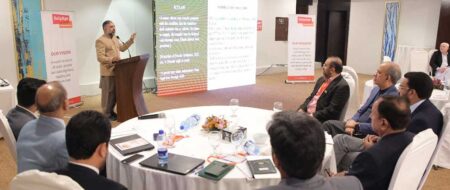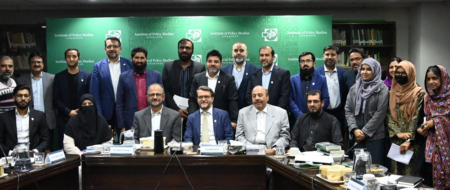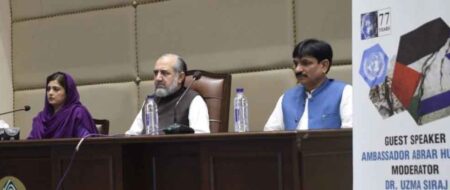IPS’ study on Transgender Act of 2018 presented in academic seminar
Syed Nadeem Farhat, IPS’ Senior Research Officer, spoke in a session organized by the Riphah Institute of Public Policy (RIPP), Riphah International University, Islamabad on November 30, 2021.
The session brought together various stakeholders to discuss the dimensions of the Transgender (Protection of Rights) Act, 2018, which is currently being heard at the Federal Shari’at Court and debated at various legislative and social forums due to its controversial clauses.
The speakers expressed concern that the law passed in 2018 had not taken into account the real sufferings of the marginalized Khawaja Sara community of Pakistan but had attempted to propel the global LGBT campaign that is alien to the local culture and society and detrimental to the social fabric.
Challenging the assertion by the proponents and supporters of this law that the law had aimed at fulfilling certain international law obligations, Syed Nadeem Farhat said that there was no international treaty, convention, or recognized instrument in the international law that Pakistan had to comply with in this legislation. The concept of self-perceived gender identity was being propagated with reference to the Yogyakarta Principles which are neither recognized by any state nor they create any international obligation.
Other speakers at the event included and prominent religious scholar Mufti Muneeb ur Rahman, legal expert Professor Dr Mushtaq Ahmad, petitioners at the Federal Shari’at Court Muhammad bin Sajjad, and Nadeem Kashish (Khawaja Sara), Applied Psychologist Dr Arooj Arshad, researchers from the Council of Islamic Ideology (CII) led by Dr Inamullah, and independent researcher Daniyal Abdullah.
The panelists urged a thorough and urgent review of the approach and provisions of the law for protection of the rights of the gender-variant people in Pakistan.



